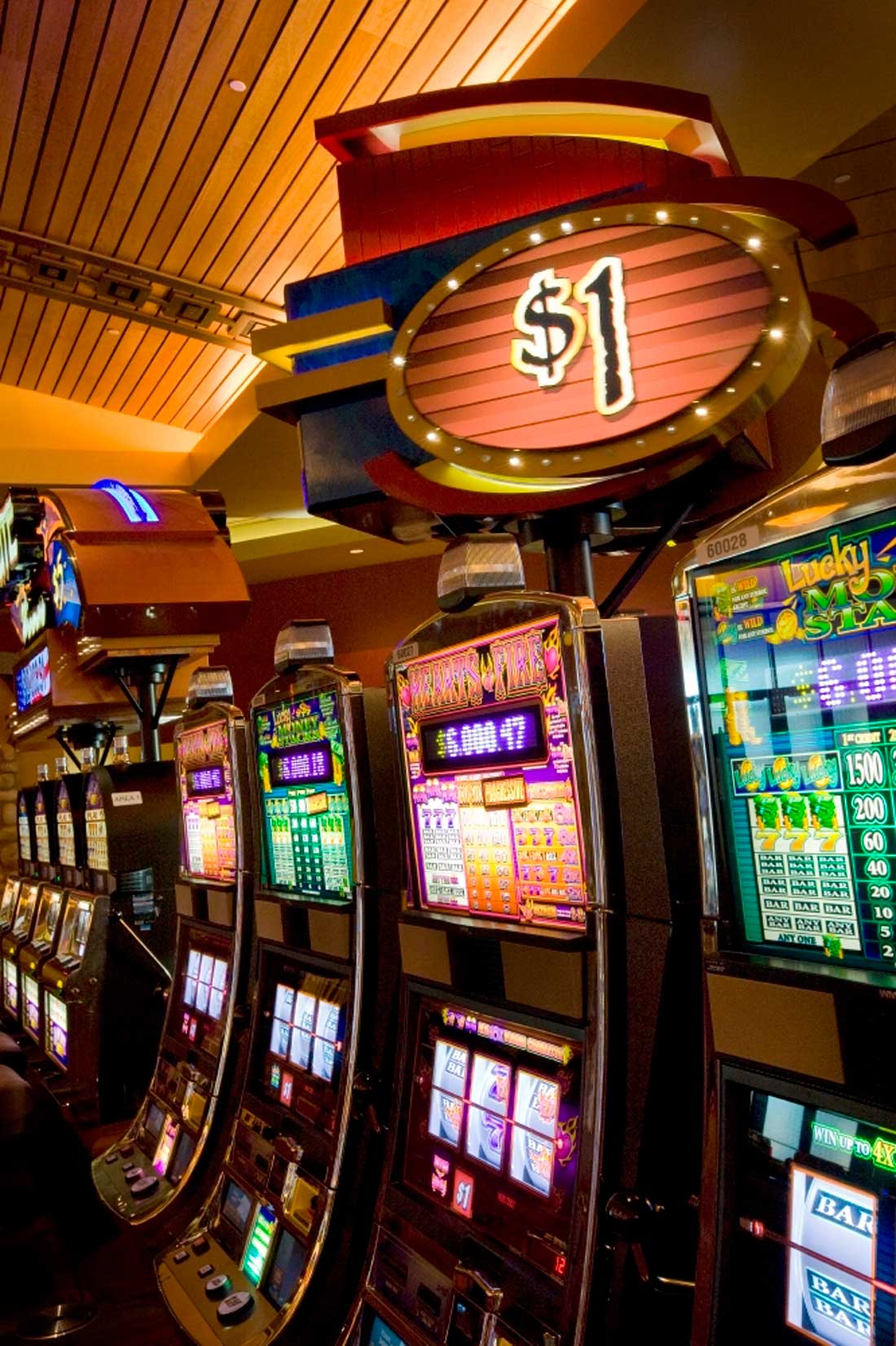
Casino offerings have been a source amusement and thrill for numerous players around the globe. One of the key components that make these games engaging is the variety of cards used in different kinds of games. Understanding the different types of cards can improve your gaming experience and refine your gameplay strategies. Regardless of whether you are drawn to traditional card games like Texas Hold’em and 21 or newer casino games, each game depends on a unique set of cards that influences the regulations and the flow of play.
In casino environments, cards appear in several forms, each designed to fit the requirements of particular games. Nhà Cái Uy Tín From regular decks to custom card variations, the diversity plays a crucial role in shaping the dynamics of each game. By acquainting yourself with these cards and their uses, you can achieve deeper insights into the games and make more informed decisions at the table. This knowledge not only enhances your gaming experience but also contributes to a more sophisticated approach to your chances of success.
Types of Playing Cards
When it comes to casino games, the type of playing cards used can greatly impact the gameplay and strategy. The most common deck is the standard 52-card deck, which consists of 4 suits: hearts. Each suit contains 13 ranks, from Ace to King. This standard deck is essential in numerous games, such as black-jack, where players aim to create the best hand possible or approach 21 as they can.
Some casino games utilize special decks specifically designed for those games. For instance, the well-known game of baccarat often employs various decks combined, typically six or 8. This not only increases the difficulty of the game but also affects betting strategies, as participants must account for the higher number of cards in play. Additionally, some games may bring in jokers or wildcards, adding further variety and thrill to the gambling experience.
In niche games, custom decks may come into play. For example, in games like bridge or pinochle, participants might use unique rules with varied card values or roles. These variations keep the gameplay fresh and allow for diverse strategies to emerge. Understanding the various types of playing cards and their specific uses in various casino games is key to improving one’s gambling experience and improving overall performance at the tables.
Card Modifications in Gambling Activities
In casino activities, the kind of set of cards used can significantly impact both the gameplay and the tactics employed by players. Most traditional card activities, such as blackjack and five-card draw, typically use a standard 52-card pack. However, variations do exist where additional wild cards or even several decks are used. For instance, in blackjack, some gaming establishments may employ one to eight decks, which can change the odds and the basic strategy needed to play optimally. Participants must be cognizant of the deck makeup, as it affects the casino advantage.
Another frequent variation in gambling playing card activities is the utilization of themed or specialized decks. For instance, some five-card draw games might use a set of cards that includes unique graphics or patterns, which can enhance the environment at the gaming table. These custom packs often serve to differentiate between different game types or loyalty initiatives within the gaming establishment. While the standard rules of the activity remain the same, the visual appeal can influence participant engagement and satisfaction.
Lastly, the shuffling methods employed with different kinds of decks can also impact play. Casinos often utilize automatic shufflers that can randomly shuffle multiple decks effectively, making card counting more difficult. The frequency and manner of mixing can differ widely based on the game and the gaming establishment’s policies. Comprehending these card variations is crucial for any player looking to improve their game strategy and overall satisfaction in casino games.
Significance of Playing Card Values
In gaming games, the worth of individual card plays a critical role in determining the result of different activities. Different games assign unique values to playing cards, shaping strategies and player decisions. For case, in 21, cards ranging two through 10 are valued at their nominal value, while face cards hold a value of 10, and the Ace can be valued as 1 or eleven. Grasping these worths allows players to make knowledgeable choices during gameplay, boosting their odds of winning.
In the same way, in the game of poker, the significance of card worths extends to combinations and combination hierarchies. High-value playing cards can form more powerful combinations, such as pairs, straights, or flushes, which are crucial for success in the game. Gamers must evaluate not only their own hand but also likely combinations their rivals might hold. This tactical complexity adds thrill and complexity, making card worths a key factor in the appeal of poker attraction.
Moreover, the psychological element of card values cannot be overlooked. Players may use the awareness of playing card values to deceive or mislead their rivals. By grasping how a card’s worth can change the game’s mechanics, gamers can more effectively navigate risks and gains, creating a exciting environment in casino activities. Whether competing for fun or for actual cash, knowledge of card worths significantly affects the overall playing experience.
